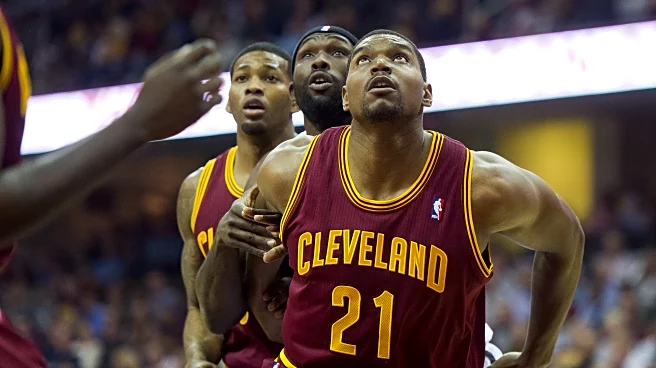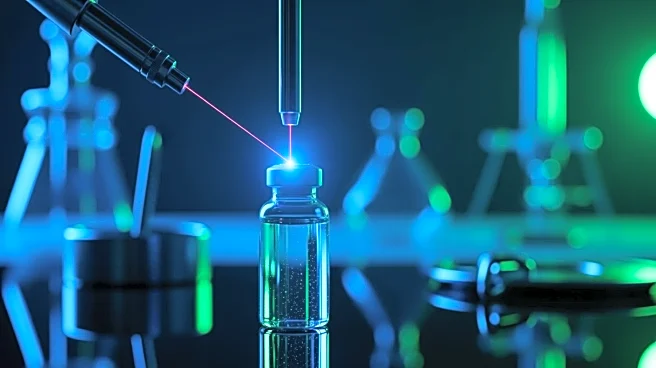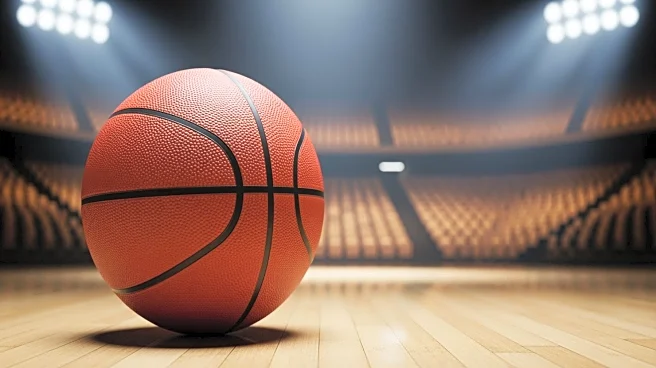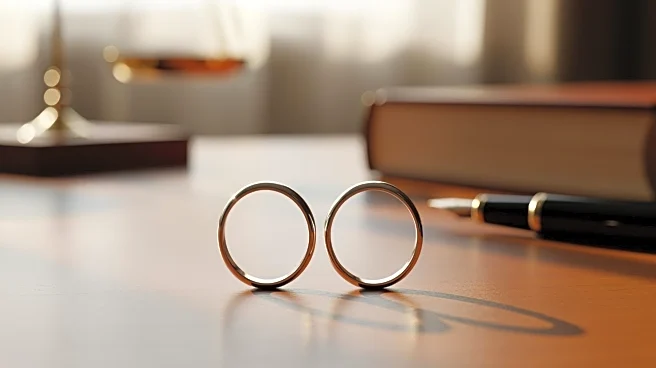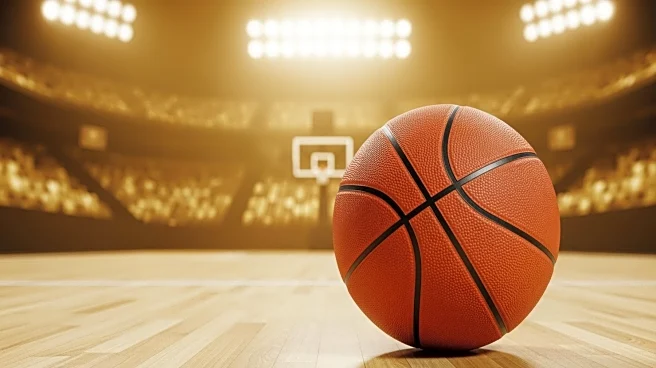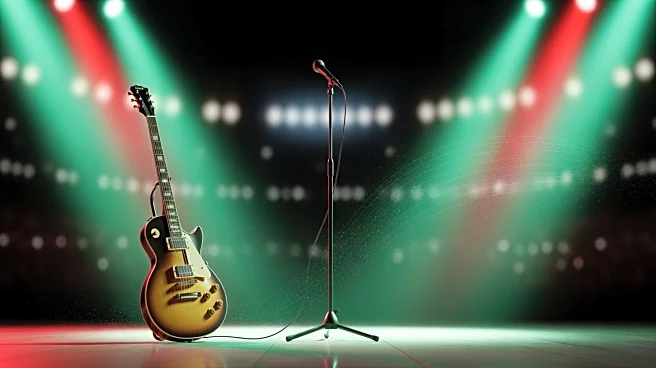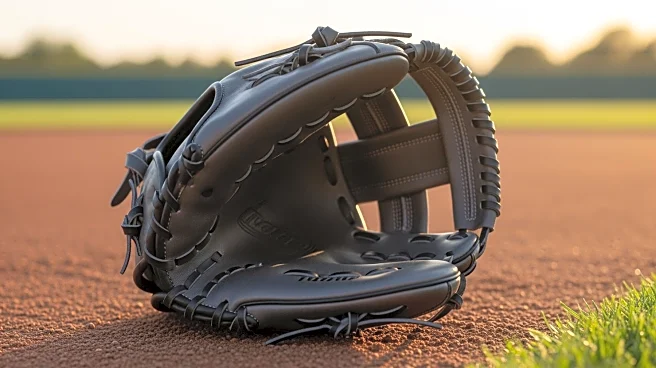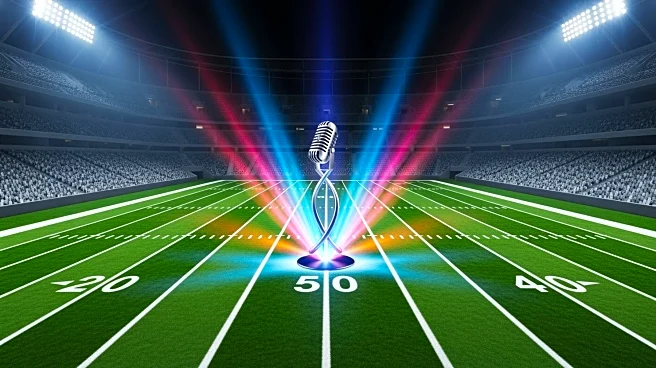Each week during August and September we’ll be taking a look at a random Cleveland Cavaliers player from the past. This time, we highlight the man who embodied the dysfunction of the early 2010s Cavs, Andrew Bynum.
The Cavs’ identity from 2003 to 2010 was built entirely around LeBron James. He was their culture and the only reason they were relevant during that span. His absence made that more clear even though they were able to amass some talent during his four-year absence.
Kyrie Irving was coming
into his own heading into the 2013-14 season. He made the All-Star game as a 20-year-old in his second season after averaging 22.5 points and 5.9 assists per game on a team with little else around him. Imagine how good he’d be a year older on a team with functional NBA players around him?
It’s clear Bynum wasn’t the solution to that problem, but it’s easy to forget just how good he was before that stint in Cleveland.
Bynum was named to the All-NBA Second Team in 2011-12. He was a key cog in a good Los Angeles Lakers team that lost to the eventual Western Conference champion Oklahoma City Thunder in the second round that year. Bynum averaged 18.7 points and 11.8 rebounds while being a very good defensive center. He was also a starter on two championship teams before that.
Unfortunately, he was never able to come close to that level of play again.
The Lakers traded Bynum to the Philadelphia 76ers in August 2012 as part of a four-team deal that saw Dwight Howard end up in Los Angeles. Bynum never took the floor for the Sixers. He was rehabbing an injured knee and then hurt his other one while bowling. This should’ve been a red flag.
Bynum left the Sixers in free agency the following year and signed a two-year, $24 million contract with just $6 million guaranteed with the Cavs. The second year was also a team option.
This was seen as a risk at the time, considering how badly things ended in Philadelphia. ESPN called it the third-worst addition of the offseason. Still, it was a gamble the Cavs were comfortable making. Cleveland felt that they had talent on their team. They just needed a 26-year-old veteran to stabilize them in the middle of the court.
The Cavs’ front office heard that criticism and tried to downplay it heading into that season. Then, general manager Chris Grant said before the year:
“I have absolutely been blown away by his approach. Literally, [from] the day we signed him, the next day he was here and he has been here every day but Sunday working. During this rehab, this progression, obviously we have a very detailed plan that he’s been on and he’s following it to a T.”
That take aged like milk.
Bynum didn’t show any effort in the 24 games he played. He averaged just 8.4 points and 5.3 rebounds with Cleveland.
Things culminated with an infamous practice where Bynum shot the ball in a scrimmage anytime he touched it regardless of where he was on the floor. This was the final straw. The Cavs ended up trading him, along with three seconds, to the Chicago Bulls for Luol Deng.
This all coincided with the infamous season where the Cavs selected Anthony Bennett first overall, and Kyrie and Dion Waiters held a joint press conference to let everyone know they didn’t hate each other.
The Cavs’ goal for the 2013-14 season was to show LeBron that he could come back and win with the team. That seemed to be an impossibility while that season was blowing up, no thanks to Bynum.
Adrian Wojnarowski, who was with Yahoo Sports at the time, wrote:
Within months of LeBron James leaving for the Miami Heat as a free agent, there was a belief, fostered within James’ inner-circle of Cleveland-based agents and marketers, that the planet’s best player could be recruited back in summer of 2014. Through mismanagement and personnel miscalculations, the Cavaliers have made it increasingly improbable that James foresees the storybook ending in Cleveland.
That didn’t come true. We got the storybook return and 2016. The complete dysfunction of the organization, exemplified by Andrew Bynum, made way for all that to happen.
In the end, maybe we should just thank Bynum and company (and also Pat Riley’s ego) for making things so bad that LeBron had to return.
